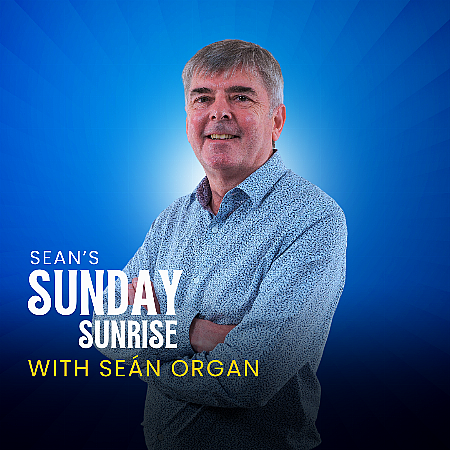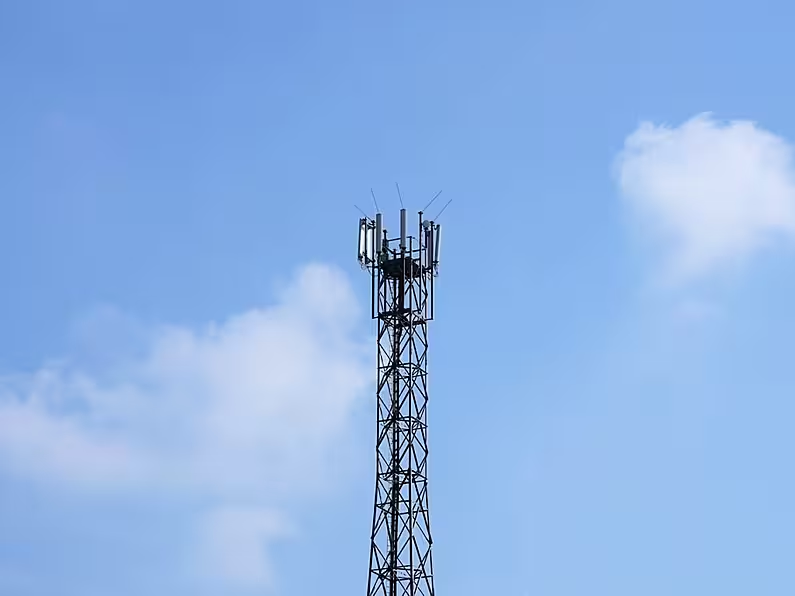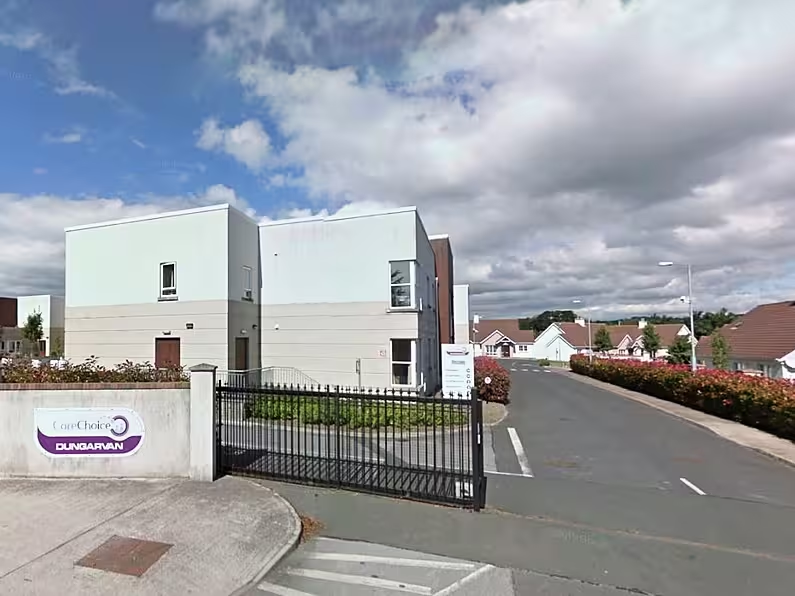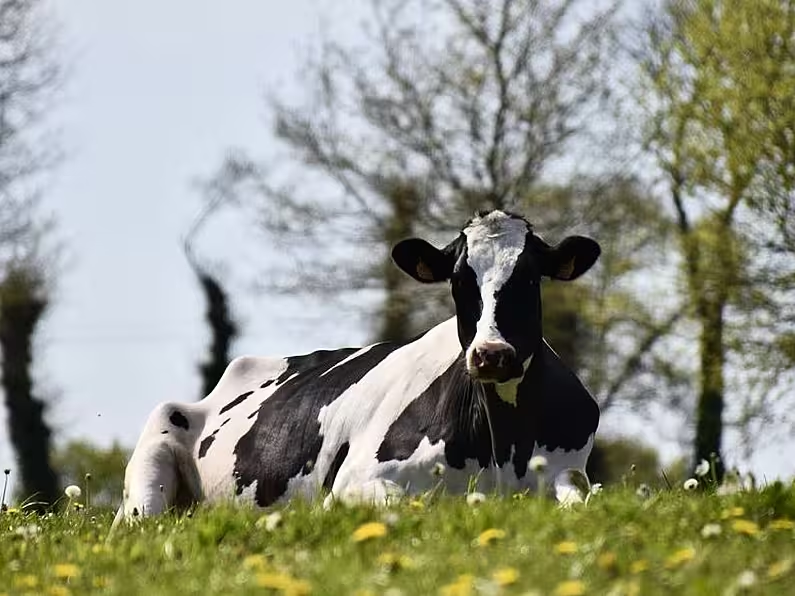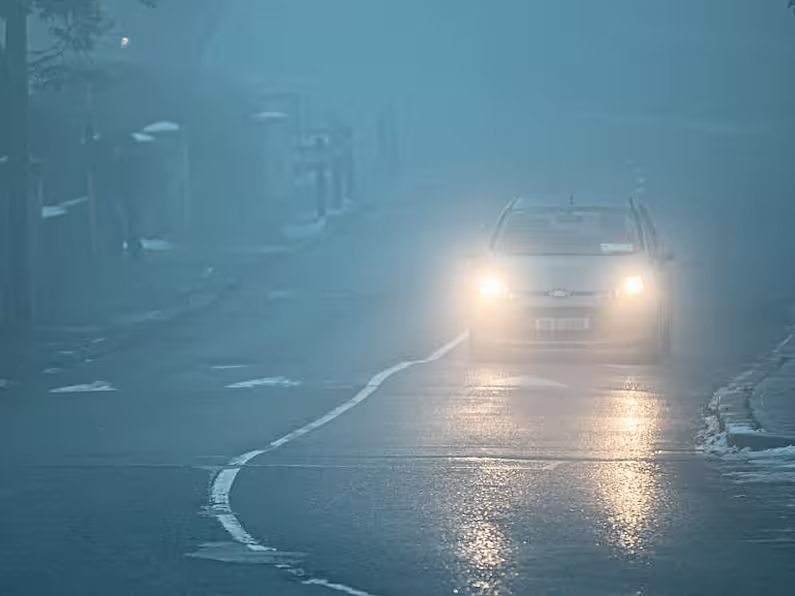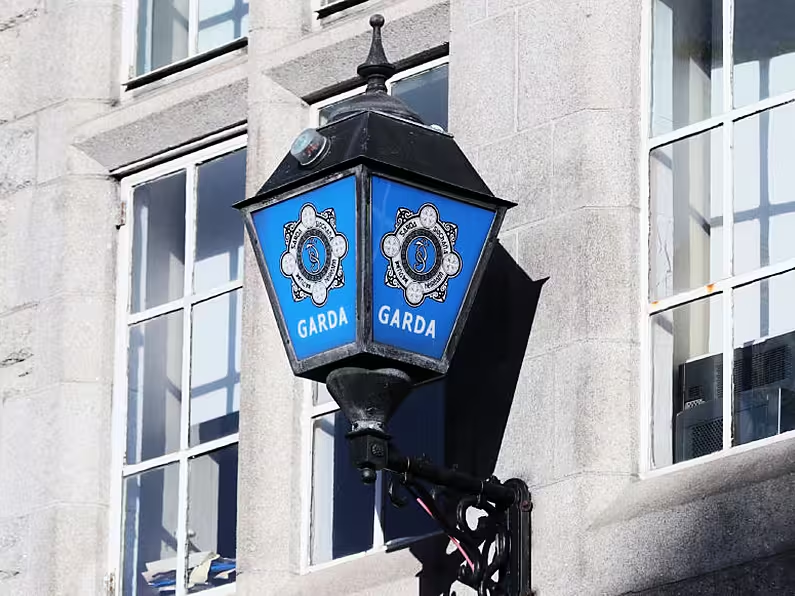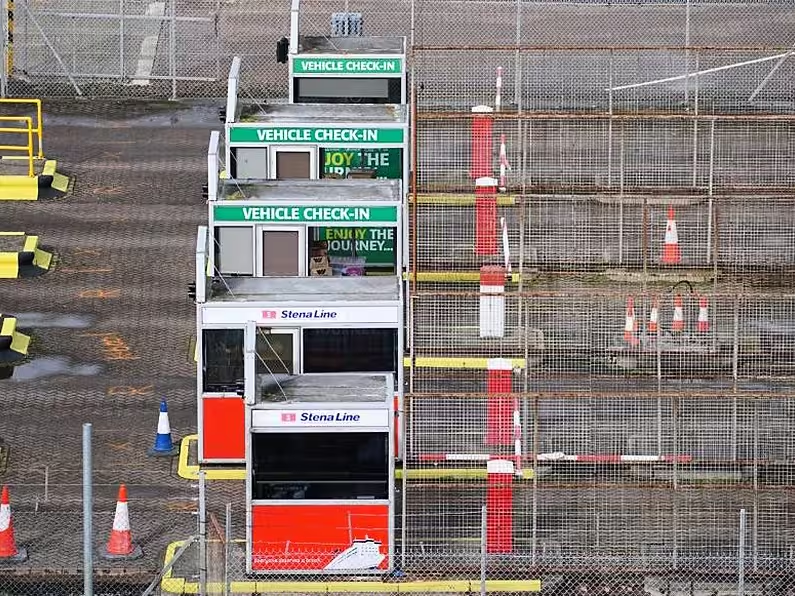Across the day on WLR, we'll have up-to-date Budget 2024 coverage across our on-air and online channels, in association with MK Brazil.
Follow our live blog below for up-to-date news and announcements from Budget 2o24.
What's been announced?
The Key Points:
- Lower rate (20 per cent) band for income tax will increase from €40,000 to €42,000
- Universal Social Charge (USC) 4.5 per cent rate will reduce to 4 per cent
- USC's 2 per cent rate band will expand to include income up to €25,760
- Mortgage interest tax relief of 20 per cent to be offered on annual increase amount, capped at €1,250
- Renters' credit increased to €750
- Weekly increase of €12 for social protection payments
- The Future Ireland Fund, with the potential to grow to over €100 billion by the middle of the next decade, will help to protect living standards and public services for current and future generations.
- €14 billion will be put aside in the Infrastructure, Climate, and Nature Fund by 2030 to allow for sustained levels of investment in infrastructure in the event of economic downturns and to support climate and nature-related projects.
Overall Breakdown:
It has been noted that Ireland's key export markets are experiencing an economic slowdown and this has impacted recent export performance.
Tax revenue will reach €88.3bn - due to a downturn in corporation tax receipts.
Net core spending is to increase by 6.1% next year.
A surplus of €8.8bn is projected for this year and €8.4bn for next year.
€1.1bn in tax measures, €5.3bn in core spending changes.
A cost of living package worth €2.7bn net of windfall revenues from the energy sector.
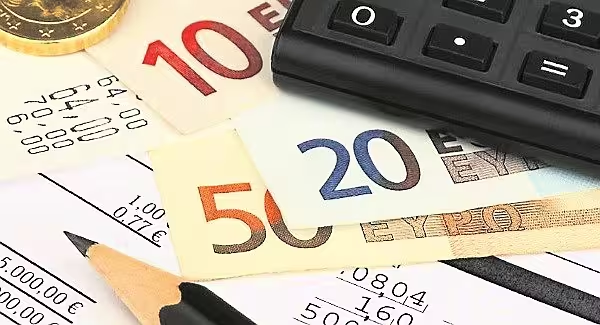
Tax, Business Supports, Excise Duty and Social Welfare:
Personal employee PAYE and earned income tax credits are to increase by €100.
The standard rate income tax cut-off point is being increased to €2,000 to bring entry to the higher rate of income tax to €42,000.
A reduction of the 4.5% rate of USC to 4%. This is the first reduction in USC rates in 5 years. The entry point into the third point of USC is now €25,760.
As of 1 January 2024, the national minimum wage will increase by €1.40 per hour to €12.70 per hour.
A higher rate of income tax will see the higher rate now begin at €42,000 per annum.
Home carer and single-person child carer credits are to rise by €100.
An extension of the 9% VAT rate for gas and electricity for another 12 months.
Rent Tax Credit is being increased from €500 per year to €750 per year.
The restoration of 8 cents on petrol and 6 cents on diesel has been deferred to April '24 and August '24.
Carbon tax to rise from €48.50 per tonne to €56 per tonne from tomorrow - which will lead to a 2.5 cent rise on diesel and 2.1 cent on petrol.
A revised bank levy will be put in place next year to raise a further €200m.
An increase in the existing VAT registration thresholds for businesses from €37,500 for services and €75,000 for goods to €40,000 for services and €80,000 for goods respectively.
All households will receive a further set of credits to assist with energy bills over the winter period. Three credits of €150 each will be provided between the end of this year and April of next year.
A €300 lump sum payment will be made to recipients of the Fuel Allowance in the last quarter of this year.
An extra €200 is to be paid to Living Alone allowance recipients.
Christmas bonus to be paid in early December.
A one-off double-week Cost of Living support is to be paid to all qualifying recipients.
There will be a once-off €400 payment to those who get Carers Allowance, Disability Allowance, and others.
Double payments of Child Benefit before Christmas. Foster care beneficiaries will also receive a double payment this year.
A €250m scheme for business support is set to be established.
A €12 increase for anyone getting a weekly social protection payment.
A €450 disregard for the Carers Allowance means test.
An increase of 0.1% on all PRSI contributions from October next year.

Housing:
A 1-year mortgage tax relief is to be capped at €1,250 to benefit 165,000 mortgage holders.
The Help to Buy scheme is to be extended to the end of 2025.
A temporary tax relief for small landlords will be introduced.
Rental income of €3,00 will be disregarded at standard rates in 2024 - €4,000 in 2025, and €5,000 from 2026 and 2027.
An increase in vacant homes tax to five times the property's existing basic Local Property Tax.
An income disregard of €400 per year applies to profits or gains from the micro-generation of electricity and selling back to the grid.
The Research and Development (R&D) Tax Credit is being increased from 25% to 30%.
The first-year payment threshold is being doubled from €25,000 to €50,000 to provide valuable cash-flow support to companies engaged in smaller R&D projects.

Education and Childcare:
VAT on e-books is to be reduced from 9% to zero in January, bringing it in line with printed books.
Consanguinity relief for farmers to support the transfer of farms from one generation to the next is to be extended for 5 years.
There will be fee waivers for school transport and State exams.
There will be a once-off reduction of the student contribution fee by €1,000 for free fees students.
There will also be a once-off reduction of approximately 33% in the contribution fee for apprentices in higher education and an increase in the Post Graduate Tuition fee contribution by €1,000 for student grant recipients.
A €1M payment is to be provided to the CSO for the Growing Up in Ireland survey to improve understanding of child poverty and well-being.
Hot school meals are to be expanded to a further 900 primary schools from August 24th.
Parents Benefit is set to be extended to 9 weeks from August 2024.
Child Benefit will be expanded to 18-year-olds in full-time education.
The income threshold for Working Family Payment is to increase by €54.
A €338m increase to core spending of the Department of Children.
A further 25% reduction in childcare costs for parents is to be implemented from September 2024.
€64m for investment in disability services within the education sector.
€10.5bn has been allocated to the Department of Education.
A recruitment drive of 740 additional teachers to support those with special educational needs, and 1,200 additional SNAs.
The free schoolbooks scheme is to be extended to Junior Cycle post-primary students.
€4.1bn to the Department of Higher Education.

Health:
The price of cigarettes is to increase by 75c to €16.75 a packet.
A domestic tax is to be introduced on e-cigarettes and vaping products in next year's Budget.
€22.5bn in funding for the Department of Health.
An €808m increase in core funding to address demographic and service pressures.
€1.23bn is being provided through the National Development Plan for the delivery of additional health infrastructure.

Transport and Infrastructure:
Temporary 20% transport fare reductions will continue until the end of 2024.
The Young Adult Leap Card is being extended to adults aged 19 to 25.
€1.35bn has been allocated for the development, protection, and renewal of road network.
€3.5bn to the Department of Transport for 2024.
The funding will support the construction of MetroLink, the Cork Commuter Rail project, and investment in electric and hybrid-electric buses.
A €1m per day investment in cycling and walking infrastructure.
€348m in the National Broadband Plan to provide another 100,000 homes with the chance to connect to fibre broadband.

Defence:
Funding for the recruitment of 1,000 additional Gardai.
€1.23bn for the Department of Defence.
250 civilian staff in specialist roles to be hired in An Garda Siochana.
A €25m increase to the Garda Overtime Budget.
Funding for an additional 400 military personnel and for posts to implement reform in cyber security.
8.4% increase on the level of Irish Aid funding - up to €776.5m.

Farming:
Over €700 million is being provided in 2024 for farmers participating in agri-environmental actions.
The department will also be administering over €1.2bn of EU funding in direct payments to farmers.
€700m for farmers participating in agri-environmental actions.
€1.9bn for the Department of Agriculture.
€431m for the Department of Rural Affairs and Community Development.
€1.9bn for the Department of Agriculture.


